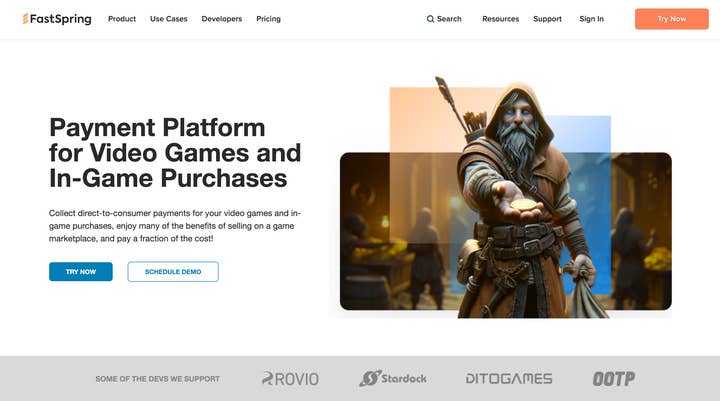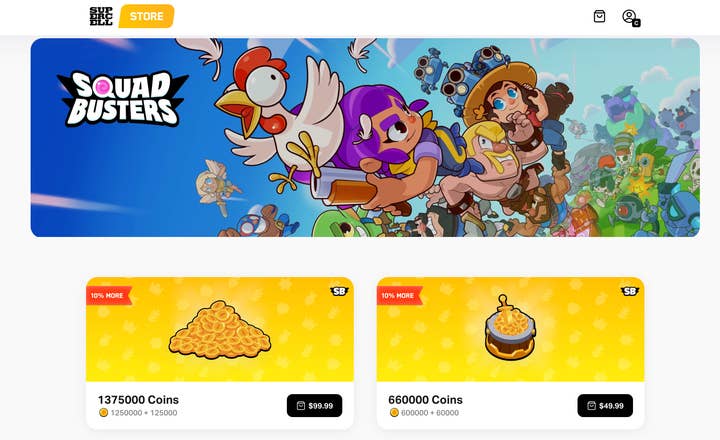What implications do Apple and Google's direct-to-consumer shifts hold for game developers?
The landscape for direct-to-consumer payments in the mobile gaming sector is undergoing significant shifts. Recent actions by courts and regulators in both Europe and the United States are challenging the duopoly held by Google and Apple over app stores. This will likely lift the requirement for mobile game developers to hand over a 30% commission on all in-game purchases soon.
Historically, developers were permitted to sell in-game items or virtual currency via external webshops without incurring extra fees from Apple and Google, provided they didn't include in-game payment options or direct players to make purchases outside the app.

Yet, after facing pressure from regulators and lawsuits by companies such as Epic and Spotify, Apple and Google have been compelled to take steps toward allowing embedded payments. However, the high fees they imposed have neutralized most of the economic benefits associated with direct-to-consumer models.
Despite this, there are success stories among game publishers using direct-to-consumer strategies. Examples include Warner Bros' Game of Thrones Conquest, Scopely’s Marvel Strikeforce, and the Supercell store.
Monetizing mobile games directly has added complexities related to global payment methods, currency localization, and sales tax/VAT compliance. This is where specialists like FastSpring come into play, assisting developers with payments while they focus on creating engaging games.
"The freedom of monetizing with direct-to-consumer comes with the complexities of global payment methods, currency localisation, and local sales tax compliance."
"Video game publishers face several choices when it comes to direct-to-consumer payment providers," says David Nachman, CEO of FastSpring. FastSpring acts as a Merchant of Record (MoR), assuming responsibility for payments and sales tax compliance globally. The company has nearly 20 years of experience offering payment solutions for publishers navigating the complexities of global transactions.
"Our solution integrates payments directly within games or on publishers’ webshops. We operate through multiple global processors to ensure high approval rates and support diverse payment methods worldwide, manage global sales tax and VAT compliance automatically, provide fraud prevention specific to video games, and offer dedicated customer support."

Because of its extensive experience, FastSpring believes it is well-positioned to help video game publishers focus more on game development and less on selling. Its expertise in local payment methods, fraud prevention, and tax compliance has enabled developers to penetrate new markets.
Marketplaces offer a simplified way for studios to reach new audiences by handling payment processing and tax compliance. Game studios upload their products, and earnings are distributed monthly. However, for those looking to engage in direct-to-consumer sales, FastSpring provides an alternative by offering payment and tax compliance benefits similar to those of marketplaces at a lower cost.
"FastSpring is a great choice because we offer many of the payment and tax compliance benefits of a marketplace."
Even for publishers already involved in direct-to-consumer sales, FastSpring can extend their reach into new markets with its global coverage and high approval rates.
FastSpring remains committed to advocating for open commerce in mobile gaming, aiming for a future where embedded payments and calls-to-action incur no additional fees.
Responding to the Google vs. Epic ruling last December, Nachman expressed enthusiasm about the potential for more choices in how developers bring their games to market. He said it would impact gamers across the industry positively, enabling developers to offer better games at better prices.
"We support open computing at FastSpring and believe in providing choices for users installing games and software on their phones," Nachman adds. "We also advocate for developers to have options for payment solutions integrated into their games."
"Apple and Google have made adjustments to their app store policies in light of recent legal actions and regulations. Despite these updates, the benefits for users and developers are minimal," remarks Nachman. The updated policies – which include a 28% fee on external transactions and restricted app sideloading capabilities – contain numerous drawbacks that undermine their intended advantages.

Given these developments, Nachman anticipates an immediate increase in game companies pushing their direct-to-consumer strategies, especially as existing policies reveal their flaws. Additionally, more legal challenges to these app store terms are likely to arise.
Looking further ahead, Nachman believes that continued legal efforts could result in further modifications to app store policies, making them more consistent with regulatory decisions and legal judgments.
"The enduring battle pits Apple and Google against those demanding more options, and both sides are poised to persist in their efforts," stresses Nachman.
For additional details on FastSpring’s global payments and subscription management platform, visit their website.